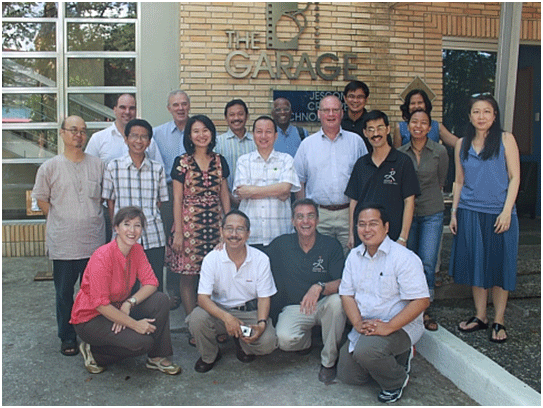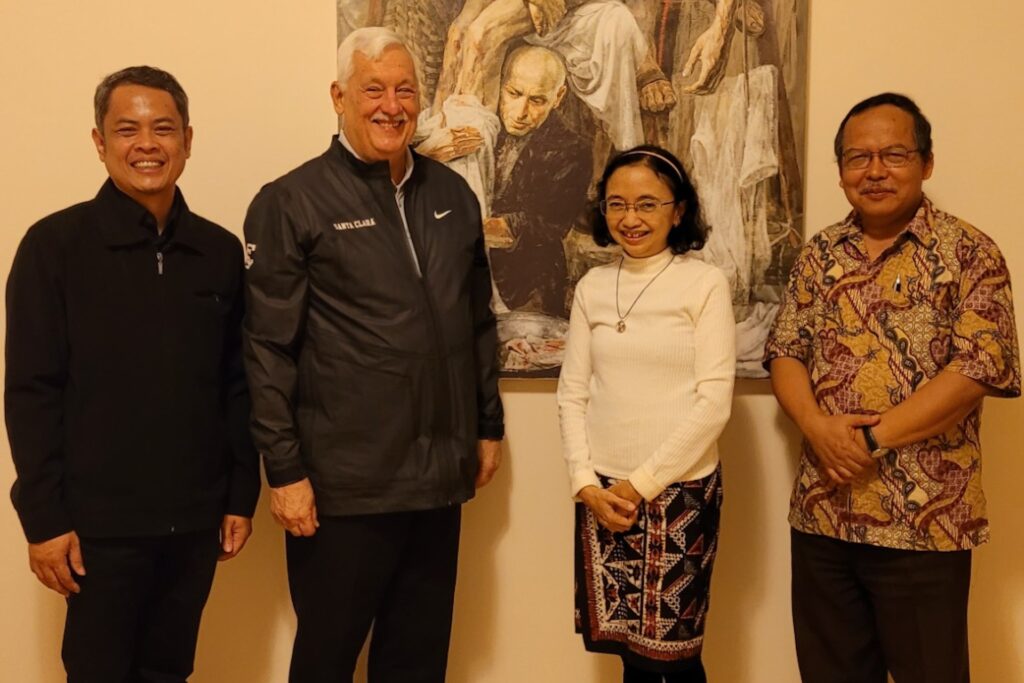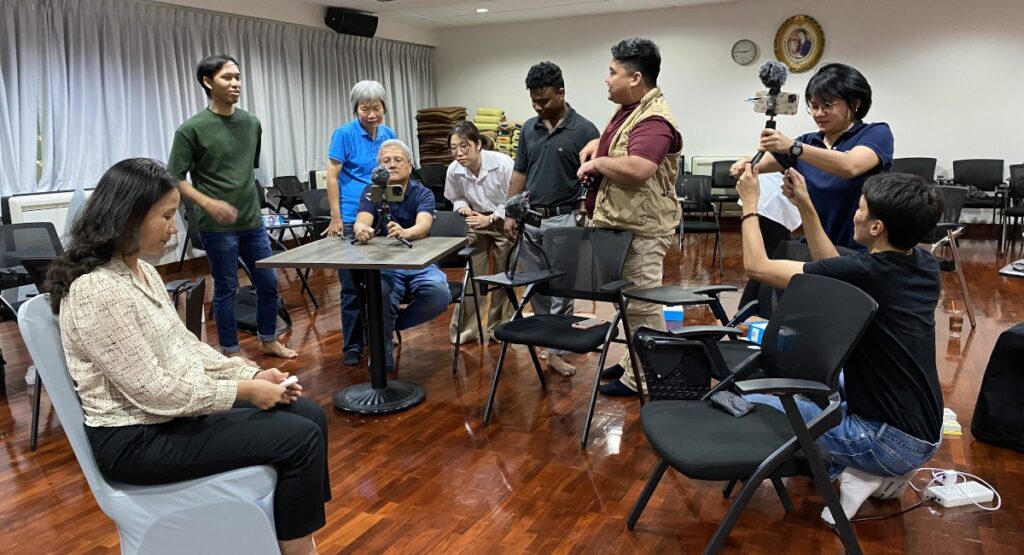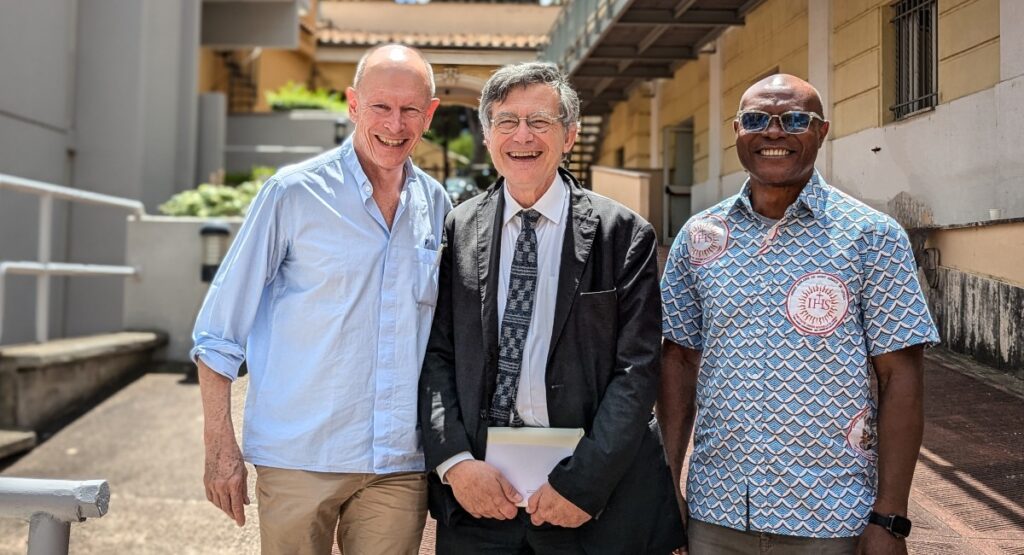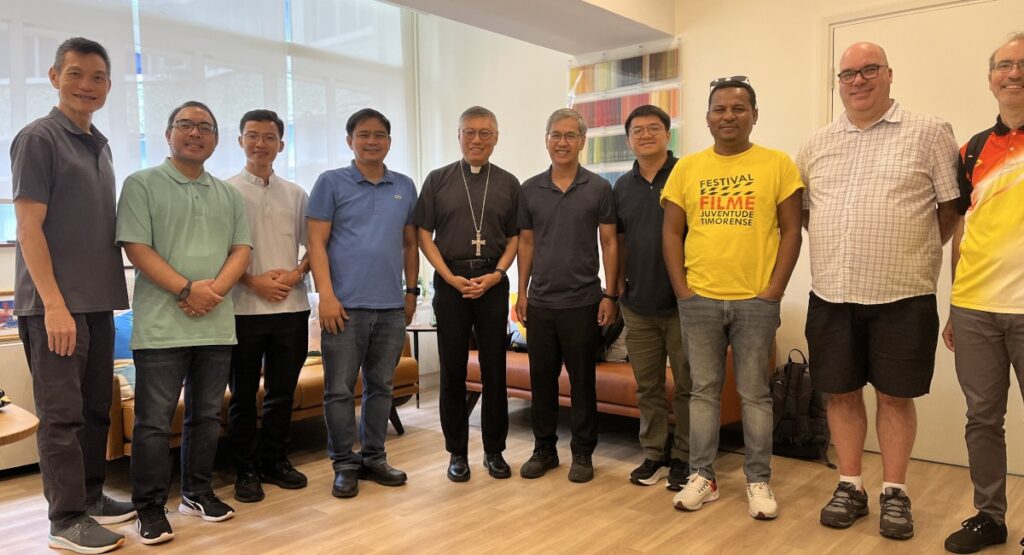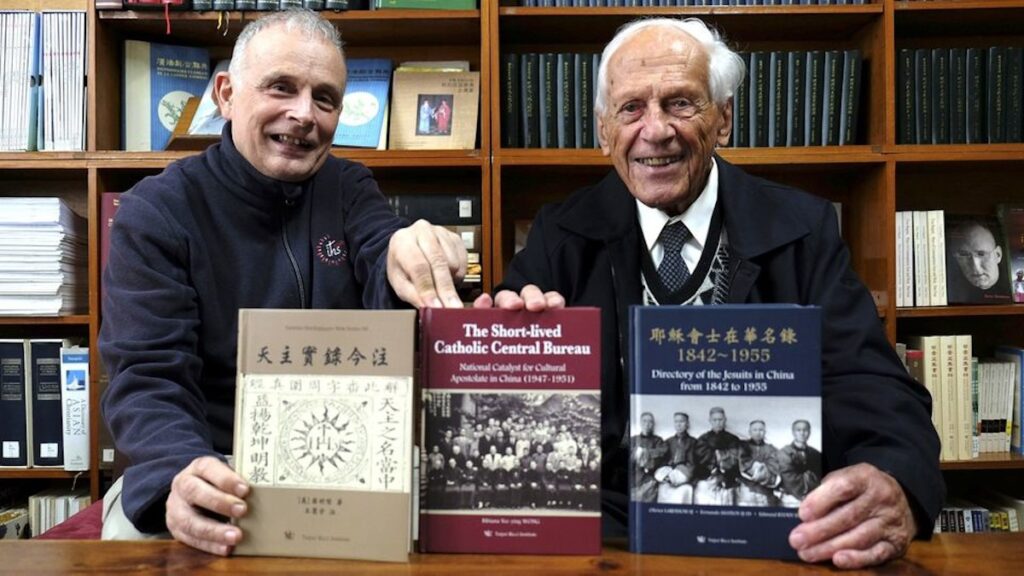The Jesuit Conference of Asia Pacific (JCAP) has developed a communications action plan aimed at pooling its resources, strengthening communications skills and articulating its vision and purpose in a unified way.
At a recent creative communications workshop held in Manila, professionals from the Philippines, Indonesia, Korea, Taiwan, East Timor, Malaysia, Thailand, Singapore and Australia showcased their products and discussed ways in which they could work together to improve their communications function.
"We've a number of people working in each Province or region who often feel very isolated, they don't always have enough resources or contacts", said Fr Mark Raper SJ, President of JCAP.
"By coming together they realise they've got so much that they share, of motivation, inspiration, professional desires and competencies, and that's so encouraging for them. They can actually find, among people with whom they have an immediate rapport, the possibility of new ideas, of exchange of ideas for training, for formation, for developing their own concepts."
Currently, Jesuit-aligned communications bodies in the region are involved in the production of a wide variety of products, including films, music videos and radio for mainstream consumption, inspirational text messages, newspapers, magazines, online journals and websites.
But the importance of remaining relevant to a contemporary audience was driven home by guest speaker Augy Loorthusamy, assistant to Jesuit Communications Asia Pacific and President of SIGNIS (the World Catholic Association for Communication). With the prevailing focus on physical appearance and quick fixes, people are no longer interested in their spiritual needs, said Mr Loorthusamy.
"People don't worry about the soul – that can come later. There is a Darwinian world view today: survival of the fittest in terms of jobs and technological advances."
Mr Loorthusamy said that Jesuit communicators should work to counteract this effect through effective participation in mainstream media by speaking up on relevant issues, joining in peace-related activities, advertising and working on global social justice.
The outgoing secretary of the JCAP Communications Secretariat, Fr Jerry Martinson (CHN), echoed the need for broader representation of Jesuit work in the media. The press is waiting for our good news!" he said.
The importance of communications training during formation was also discussed, with delegates recommending the implementation of strategies and training programs during each stage of Jesuit formation and thereafter, to ensure that Jesuits are equipped with communications skills suitable to a range of ministries.
Philippine Jesuit Fr Nono Alfonso SJ was nominated as the new secretary of the JCAP Communications Secretariat, while Fr Martinson – who served in the role for 20 years – will remain in an advisory capacity.
Four small supporting teams were also established, with the aim of assisting Fr Alfonso in the fields of technology, training, formation, and public relations. Jescom Australia's Michael McVeigh was elected to head the public relations team.
Fr Raper said the meeting served to reinforce the fact that JCAP's overall vision flows from the Society of Jesus' understanding of itself as a universal body.
"We're not isolated units in different parts of the world, but we are part of one common effort made all the more necessary today by the tremendous pressure of global forces that impinge on the nations. So we need to be able to see ourselves as an international body so that we can meet the challenges that are coming in a global way. Communications is everything really. [The Jesuits] have got a message, and communications is the oil that makes it possible."
Contributor: Catherine Marshall

